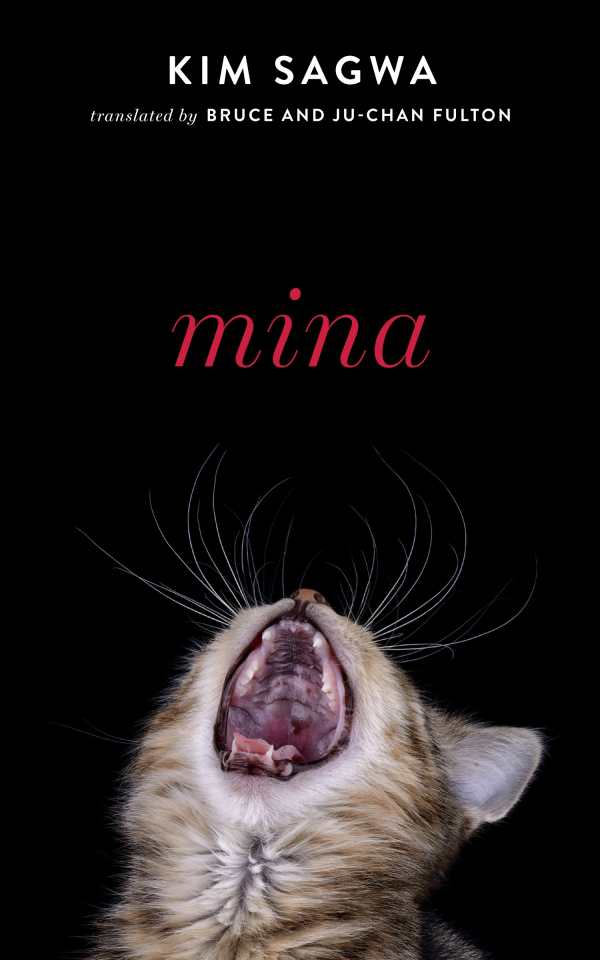Mina
Kim Sagwa’s psychological and observant Mina follows two young women trying to navigate their society.
Introverted, passive, and introspective, Mina mourns a childhood friend who committed suicide in the best way she knows how: by locking herself in a closet and drowning her thoughts with music. Conversely, Crystal is loud, strange, and disturbed; she hates the world and everyone in it. These “best friends” continually compete with each other.
Right away, Crystal’s jealousy toward Mina is palpable. She wants all of Mina’s attention but cannot begin to understand Mina’s legitimate emotions. Her behavior is odd, though it could be innocent enough at first; she jokingly chokes Mina in one of the opening scenes. As the story progresses, her behavior becomes more irrational. Mina’s passiveness balances Crystal’s erratic behavior; both play into each other.
Most of the novel’s scenes are just of the two girls hanging out, talking. Their dialogue dances between jest and seriousness—though a joke may suddenly turn into aggressive behavior. Disjointed and at times nonsensical, their conversations and tones—particularly juxtaposing how they speak to each other to how they speak to others—result in deep depictions of who they are.
Subtle details, from sly looks to the use of specific words, become clues as to why Crystal suddenly goes off of the deep end. Sagwa does an excellent job of portraying mental illness without exaggeration or drama; it is an accurate, unsettling portrait. Mina shows how seemingly unimportant issues in young adults’ lives become all-encompassing and destructive, and how social expectations put immense pressure on young people to dress, look, and act a certain way.
A deeply disquieting account of mental illness, Mina is a novel about the tiny hints that, in retrospect, become the biggest clues to a person’s unraveling.
Reviewed by
Katie Asher
Disclosure: This article is not an endorsement, but a review. The publisher of this book provided free copies of the book to have their book reviewed by a professional reviewer. No fee was paid by the publisher for this review. Foreword Reviews only recommends books that we love. Foreword Magazine, Inc. is disclosing this in accordance with the Federal Trade Commission’s 16 CFR, Part 255.

